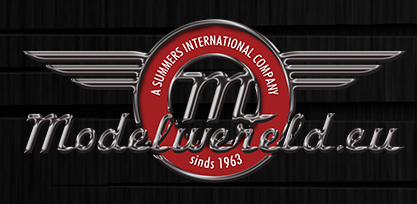The Harrier GR.5/7/9 is of a more modern design than its' predecessor, the GR3. Its' structure incorporates composite materials and is designed to accept more powerful Pegasus engine similar to the one used by the US Marine Corps. The second generation Harriers in British service derive from the American AV-8B Harrier II. The GR.7 was the RAF equivalent of the Night Attack Harrier II, using British-specified avionics (GEC-Marconi 1010 FLIR in a fairing on top of the nose; a Smiths Industries wide-angle HUD, a GEC-Marconi color map display, updated mission software, and an NVG-compatible cockpit). A total of 96 aircraft were ordered.
First flight of the Harrier GR7 was in 1989, and deliveries to RAF squadrons began in 1990. Harriers have been flown by four operational Royal Air Force Squadrons and the OEU: No. 1, No. 3, No. 4, No. 20, and the Strike Attack Operational Evaluation Unit (SAOEU). The Royal Navy also uses Gr.7/9s, in Joint Force Harrier (JFH), by 800 Naval Air Squadron and 801 Naval Air Squadron. JFH will continue operating the Harrier until its replaced between 2014 to 2018 by the UK's new Joint Combat Aircraft (JCA).
First flight of the Harrier GR7 was in 1989, and deliveries to RAF squadrons began in 1990. Harriers have been flown by four operational Royal Air Force Squadrons and the OEU: No. 1, No. 3, No. 4, No. 20, and the Strike Attack Operational Evaluation Unit (SAOEU). The Royal Navy also uses Gr.7/9s, in Joint Force Harrier (JFH), by 800 Naval Air Squadron and 801 Naval Air Squadron. JFH will continue operating the Harrier until its replaced between 2014 to 2018 by the UK's new Joint Combat Aircraft (JCA).
Twee uitvoeringen mogelijk;
Aantal onderdelen; 157.
Afmeting;
-
Lengte 303 mm
-
Spanwijdte 196 mm
Features:
- Exquisite airframe surface details.
- Detailed cockpit with instrument panel.
- Detailed landing gear.
- Clear canopy.
- Waterslide decals.
- Illustrated assembly guide


